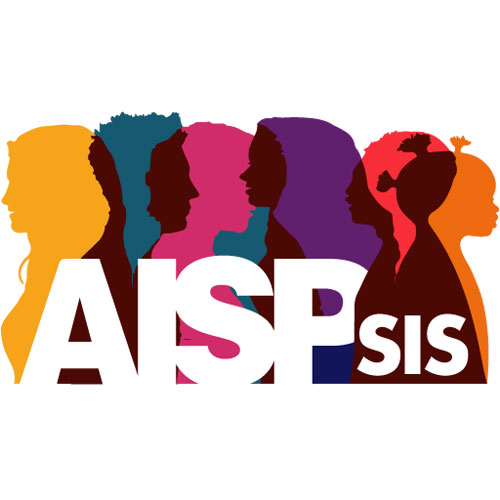







Cela, E., Miaci, E., Barbiano di Belgiojoso, E., Ambrosini, M. (2025) “Refugees’ health in the destination country. Relationship between vulnerability and self-related health in Italy”. Paper presented at the Population Days 2025, Cagliari, 4-6 June 2025.
Abstract: Literature suggests that migrants are a selected group of the population of the origin country with respect to different dimensions including health, while asylum seekers and refugees are a less selected group. The health status of these specific subgroups of migrants remains under-researched for Italy. However, asylum seekers and refugees may have specific health needs stemming from their pre-migration and travel experiences that warrant further investigation. This contribution aims at filling this gap studying self-related health among asylum seekers and refugees living in Italy and its relationship with the vulnerability. For the analysis we use a unique dataset that collected data on asylum seekers and refugees living in Italy in 2024 for a total sample of 1,327 individuals. Preliminary results confirm the strong and positive relationship between social support networks (family and friends) and health status, while experienced discrimination and age have a negative and significant relationship with self-rated health.
Miaci, E., Stranges, M., Cela, E., Barbiano di Belgiojoso, E. (2025) “Differences in Health Perception Between Refugees and Other Migrants: An Investigation Across EU Countries”. Paper presented at the Population Days 2025, Cagliari, 4-6 June 2025.
Abstract: This study examines health disparities between refugees and other migrants in Europe. While economic migrants often benefit from positive health selection, refugees face distinct challenges related to trauma and vulnerabilities from forced displacement. Using data from the EU-MIDIS II survey (2015-2016), logistic regression models analyzed self-reported health and chronic conditions based on migration status. Results show that refugees report better overall health perceptions than other migrants. Notable gender differences emerged, with women reporting poorer health. Recent migrants with stable employment, higher education, and family support reported better health outcomes, while discrimination significantly negatively affected health. Migrants and refugees residing in Southern Europe exhibited a comparative health advantage over those in Northern and Western Europe. The findings emphasize the need for tailored policies to reduce health disparities, stressing the importance of socio-economic integration, equitable healthcare access, and strong family support in improving health outcomes for migrants across Europe.
Ortensi, L., Impicciatore, R., Tosi, F. (2025) “Is there a female advantage in asylum application outcomes in Europe?”. Paper presented at the Population Days 2025, Cagliari, 4-6 June 2025.
Abstract: This study investigates the gender dynamics in asylum decision-making within the EU27, EFTA countries, and the UK from 2008 to 2023. Despite constituting over half of the global refugee population, women remain underrepresented among asylum seekers in Europe. By reproducing Eurostat microdata and controlling for a comprehensive set of indicators in applicants' countries of origin, this research addresses three key questions. First, it examines whether there is a female advantage in receiving overall positive decisions, identifying the specific countries of origin where this advantage is observed and determining whether it applies to both first and second-instance decisions. Second, it investigates whether women benefit from a higher likelihood of being granted more favorable types of protection, such as increased recognition of Refugee Status. Finally, the study analyzes the variations in these gendered outcomes across different destination countries.
